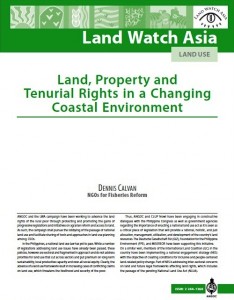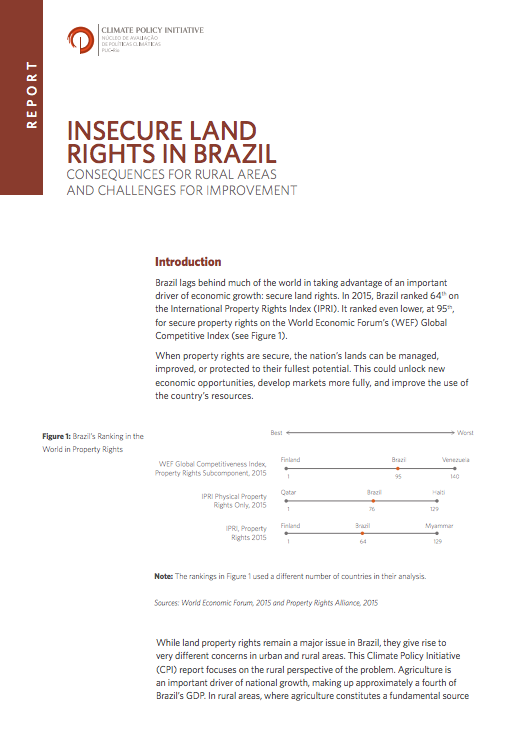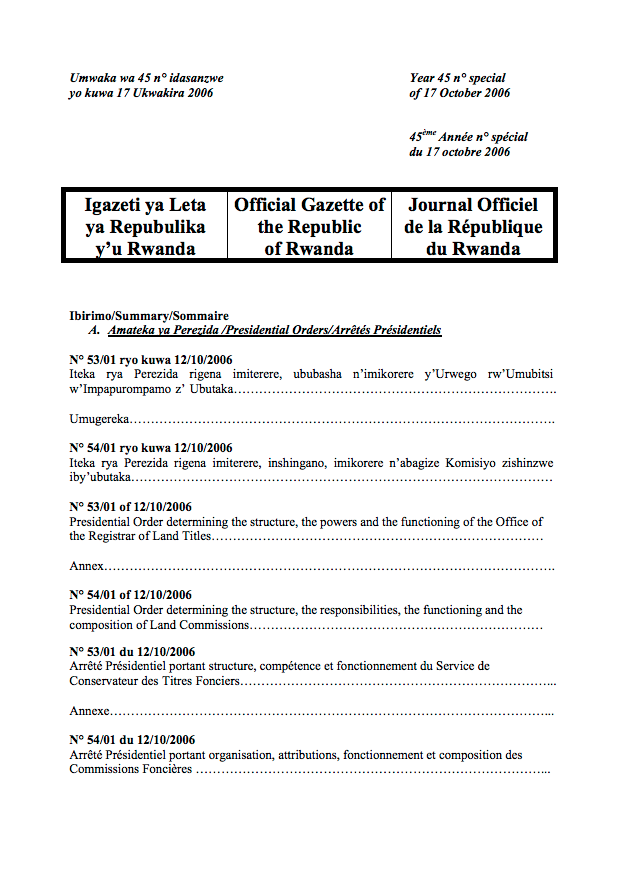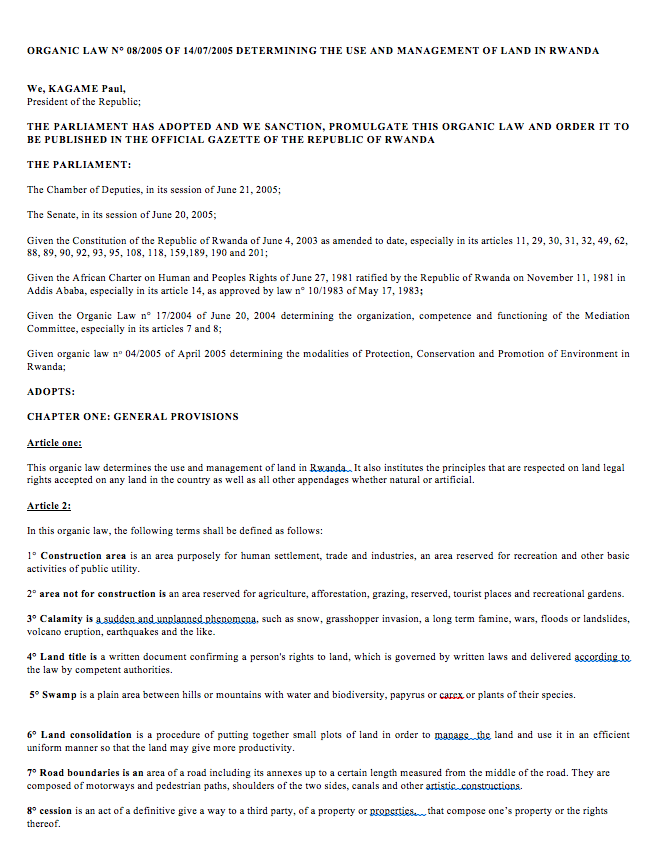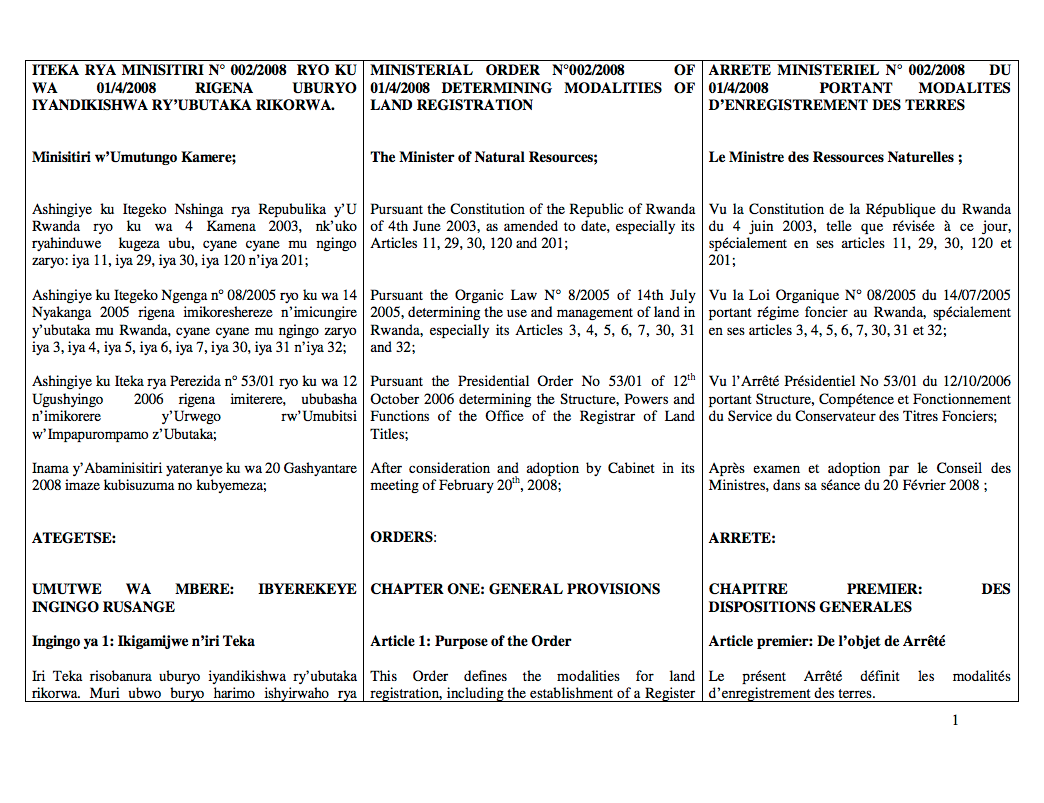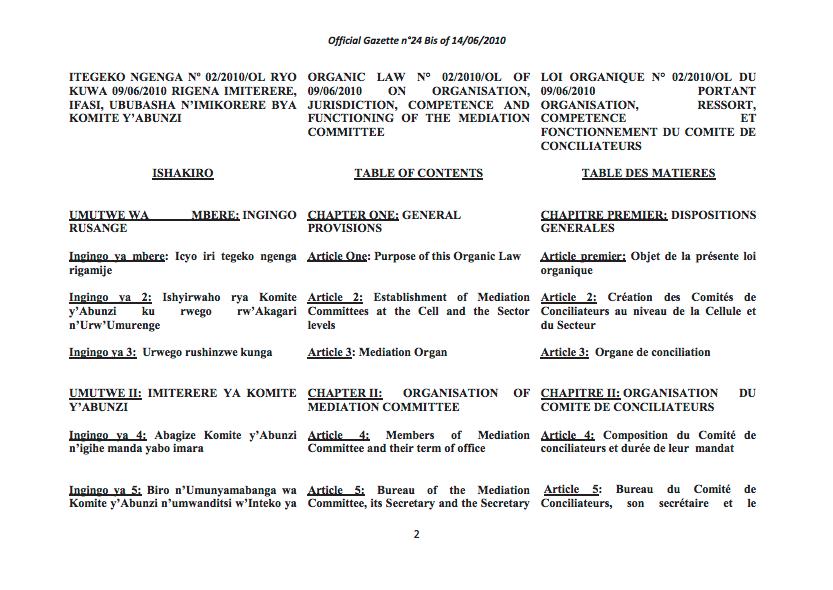The Roll Back Malaria Partnership : Defining the role of the World Bank
Malaria kills over one million people
and causes 300-500 million episodes of illness each year.
The majority of the 3,000 deaths each day and ten new cases
every second occur in Africa. The disease not only takes a
high human toll; it also impedes development. Malaria has
economic impacts through labor efficiency and land use;
adversely affects school attendance, performance and
cognitive ability; and translates in monetary costs in terms


